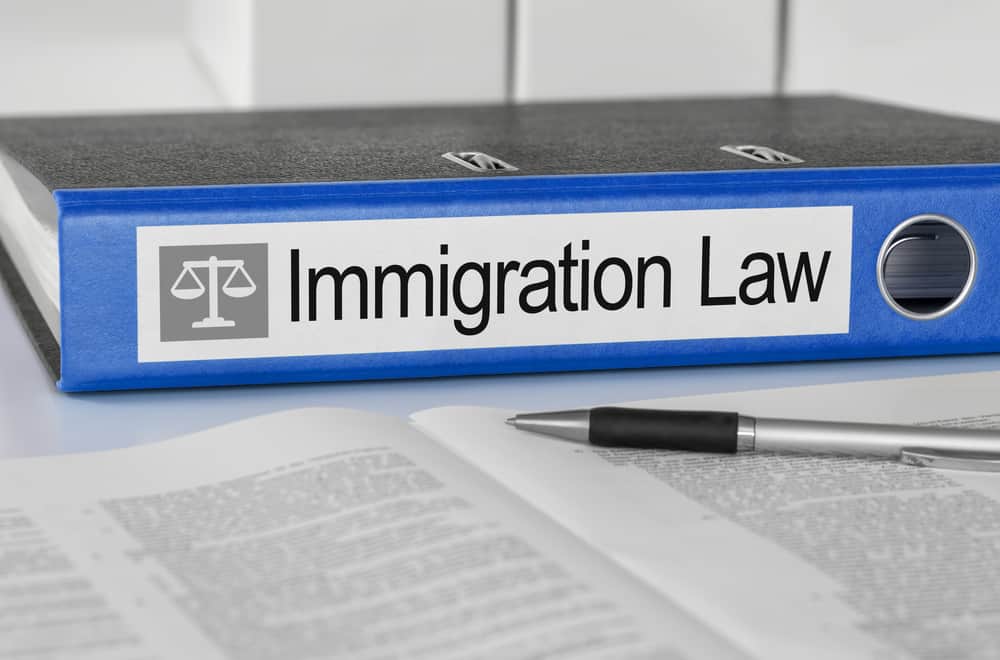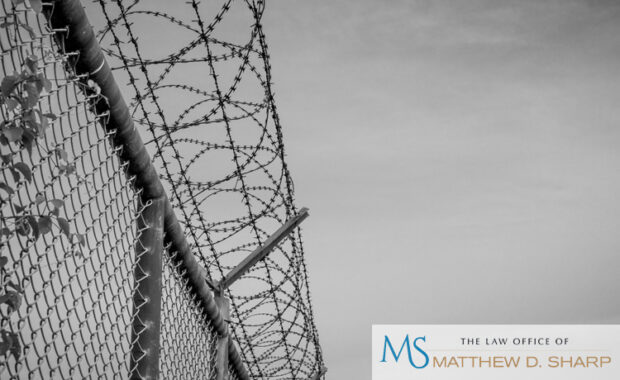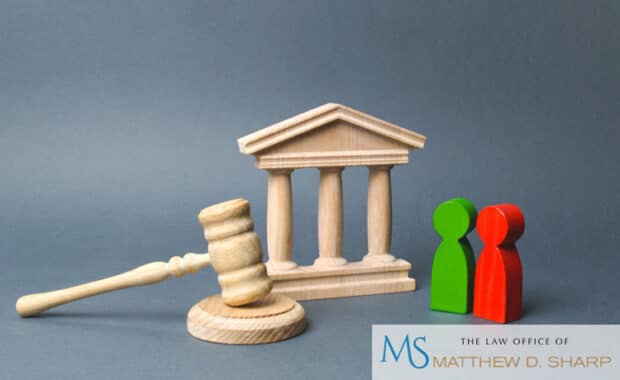Today our offices argued an application for post conviction writ of habeas corpus in Harris County Court 14 before Hon. Michael Fields. The argument for a new trial was based upon our client’s former attorney’s ineffectiveness in negotiating a plea bargain with the State of Texas. Judge Fields listened to our arguments and considered the evidence proffered in support of granting post conviction habeas corpus relief. The State stood silent as to the issues and after considering the weight of the evidence Judge Fields granted relief by ordering a new trial for our client.
Our client, who will remain nameless in this post, was accused of family violence in 2009. He hired a trial attorney, who told him that his plea would not result in deportation, and that if he didn’t plea to a short jail sentence that he would be stuck in jail for up to six months before receiving a trial. These were patent misrepresentations of the law in its current form. Under Padilla v. Kentucky, a Supreme Court decision handed down in 2010, defense attorneys are required to inform their clients of the immigration consequences to a plea. Assault is a very serious charge, and may result in deportation or revocation of immigrant status.
Further, our client alleged that he was actually innocent, and but for the assurances of his attorney that he would not be deported, he would have chosen to go to trial. He was well aware that six months in jail awaiting trial was worth the price to pay to avoid being deported. His wife, whom he was accused of assaulting also provided testimony that he never assaulted her or her son. She wrote in an affidavit to the court that the police officers only spoke English, and that she and her husband only spoke Spanish. Her son, a boy in his late teens, even admitted under oath that it was he who in fact assaulted our client, and it was our client who had called the police on him.
Our client’s trial attorney, however, failed to even interview the complainant, her son, or even the client. Rather, the trial attorney took his fee, then pleaded our client out on the first setting to a short stint in county jail. The District Attorney’s office did call the complainant, and the complainant said she wished that the charges be dropped, but the State rarely drops cases on the plea of a complainant without further investigation.
Our client did his sentence and went back to his life. He went back to his wife and his household, where he lived peacefully, as he had done for the previous ten years. He maintained employment and he believed the whole incident was behind him. After all, his trial attorney assured him that he would not be deported.
Earlier this year he received notice that his immigration status was going to be revoked. He was arrested by Immigration and Customs Enforcement and slated for deportation based upon a conviction for family violence. His family had to scramble to get an immigration attorney. His immigration attorney got him a bond and looked at the evidence. When his immigration attorney asked him about the allegations he told him what happened. The immigration attorney then contacted our office to review the case and asked us if relief under Padilla was appropriate. We noticed several egregious errors in the available record and made the decision to accuse the client’s trial counsel of unconstitutional ineffective assistance.
It is always difficult to accuse a fellow lawyer of misconduct, but when someone’s liberty is at stake we, as attorneys, owe our clients our utmost efforts in preserving his or her rights. This duty is an affirmative duty and cannot be waived, passed on to an associate such as an investigator, paralegal, or law clerk. The constitutions of the United States and Texas, and the rules of professional conduct demand that we exercise due diligence to ensure that our clients receive all of the due process they are entitled to under the law.
When a lawyer displays a deficient performance in representing a criminal defendant then the defendant is unconstitutionally deprived of his or her right to a trial. Such displays are hopefully rare, but when they do happen the law allows for defendants or other attorneys to petition the court to make right what the original trial attorney did wrong. This mechanism is called a petition for habeas corpus, which is a show cause order that an applicant can make to prove that they were deprived of due process.
At the law offices of The Law Office of Matthew D. Sharp we strive to zealously represent each of our clients. We also strive to ensure that our legal brethren are held to the task to do the same. We will work diligently during the trial all the way past the last appeal to make sure that each client’s case is and was handled appropriately. If you or someone you know has been charged or convicted of a crime then you need experienced and zealous advocates in your corner. Call the law offices of The Law Office of Matthew D. Sharp today for your free consultation.





